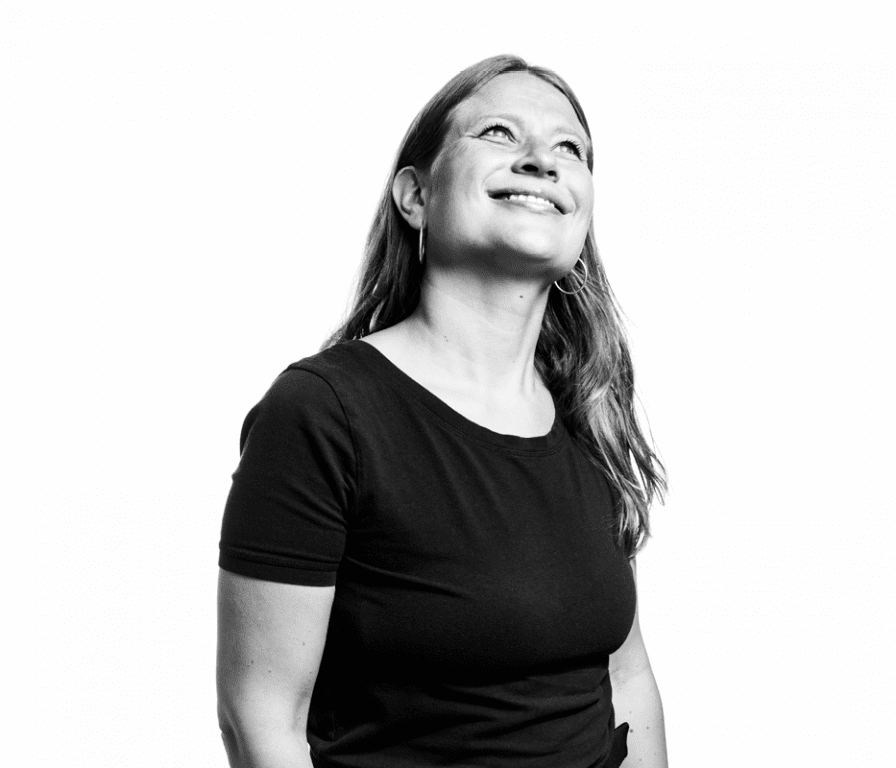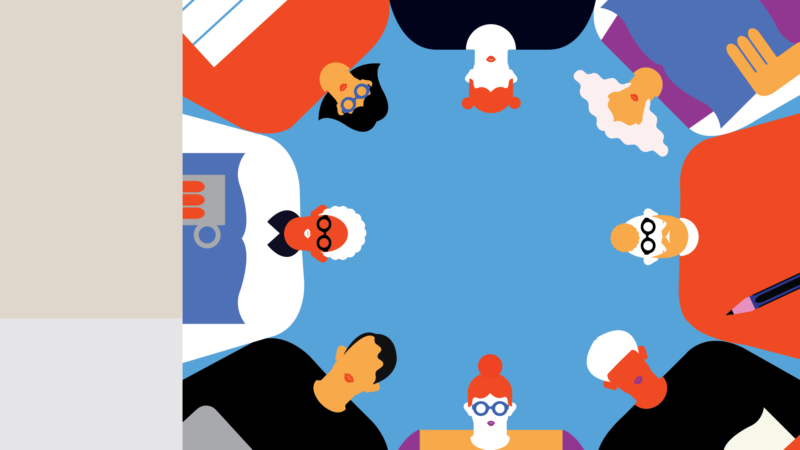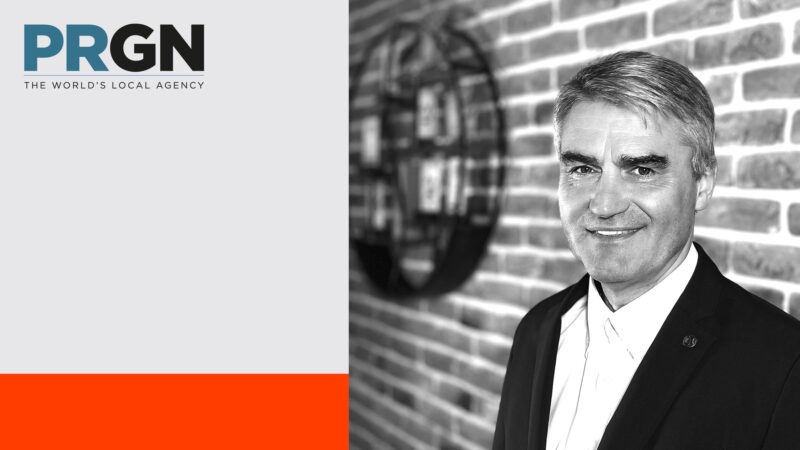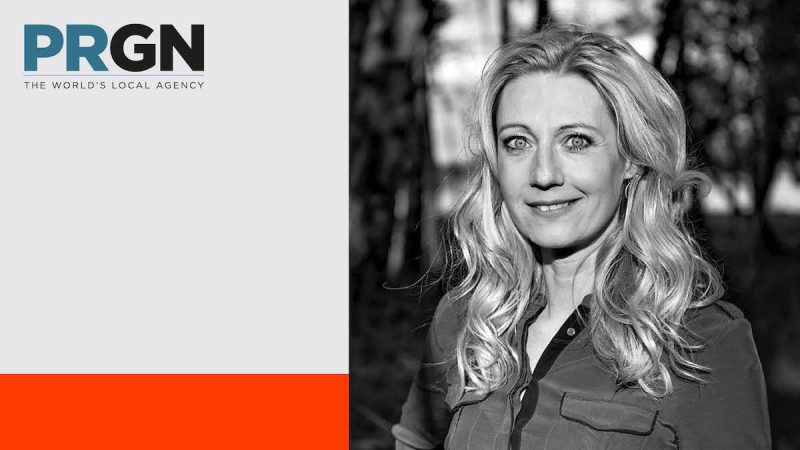Where are you headed, future?

Two weeks ago, as Russia descended on Ukraine and launched its ruthless military campaign, expectations for the future changed on multiple levels. Above all, this is a tremendous human tragedy for Ukrainians, caused by nothing more than an ugly, authoritarian lust for power that would have better been consigned to the corner of shame of history.
In Finland and in the West, we are now reflecting on what these events mean from an operational environment point of view. Foreign, security and defence policies will most certainly take on a much more central role in all decision-making than in the past. This much is clear. But where else should companies and organisations now focus their attention on? After all, the current crisis does not negate other developments that must inevitably be considered. At Ellun Kanat, we have analysed the following as the most relevant drivers of change for businesses and organisations in the coming decade:
The transformation of communication, the disruption that is changing social structures and challenging people’s trust in companies and organisations, will continue to be relevant and is proving its strength as we speak. People from all over the world have been building the war narrative and raising donations quickly. We have even gone as far as crowdfunding the Ukrainian army. Businesses, for their part, have had to react quickly to demands for accountability. Slow-movers protecting their business interests have been served a hefty dose of bitter medicine by widespread calls for companies to act responsibly and cut their ties with Russia. In the current crisis, the power of communication has been revolutionary, and this trend will continue. It means an increasing demand for companies and organisations to be accountable and understand who their stakeholders are.
We must now drive change with greater determination, and no party is excluded from achieving this.
A push against the limits of the Earth’s ecological carrying capacity, changing the structures of the economy and value creation. The International Panel on Climate Change published its report on 1 March, although its release was heavily overshadowed by the war. The main message of the report is not good. Much irreversible change has already taken place, and the pursuit of a 1.5°C cap will no longer suffice to halt the effects of climate change. In other words, whatever we do, sea levels will rise to life-threatening levels in many places, droughts will threaten food production, and ecosystems will change in unpredictable ways. The list goes on. So the next step is to adapt to a world that has been transformed by the crisis. But limiting change to tolerable levels is a task that humanity must succeed in. The economy and businesses have an essential role to play here. We must now drive change with greater determination, and no party is excluded from achieving this. Managing the ecological crisis is also a security issue. As crop yields collapse, water becomes scarce, and people flee their homes because of extreme weather, societies will find themselves in situations where instability will inevitably increase.
The acceleration of forces of change and the post-normal chaos caused by COVID-19. Even before the war, we lived in exceptional circumstances for the past two years. It is fair to say that the current shock brought on by the pandemic, combined with the war now being waged on the European continent, are the variables that at the very latest underline the transition to a post-normal period. The post-normal period is a time of upheavals, tensions and discontinuities in which ’normal’ is no longer very useful. At the same time, the future is no longer only complex but also chaotic and unpredictable. So how do we operate in such a world? Dave Snowden, a Welshman who has studied complexity and chaos in decision making, discusses four actions. 1) Try adapting to the new situation and building networks to gather information for decisions. 2) Reconfigure existing structures to correspond to the new situation and make sure they generate thinking and action appropriate to the new situation. 3) Try to de-escalate any acute situation. 4) Apply the lessons learned to the new situation and increase resilience, i.e. the capacity to act.
Change has been coming for a long time, and there have been many signs that the world order embraced by the Western world is disappearing and being replaced by a new one.
An uncertain global environment. In our trend charts, the global environment has long been a red flag, a symbol of high uncertainty and the potential for disruption. Change has been coming for a long time. Russia’s invasion of Crimea in 2014, the UK’s withdrawal from the EU and Donald Trump’s election as president in 2016, the global pandemic in 2020 and now the war in Europe in 2022 are all signs that the world order embraced by the Western world is disappearing and being replaced by a new one. What kind of world order, and over what timeframe, is unclear. A major force in this world will undoubtedly be China, whose trajectory must now be closely watched. The tightening of EU ranks, the internal direction of the US, and the importance of the internal situation and external action of Russia are all relevant factors. At the same time, global vaccination coverage, the consequences of the ecological crisis, global food production, and human development are all factors in which the direction of development is also important for the Finnish people, society, companies, and organisations. An interdependent world is increasingly interconnected.
At present, methods of foresight bring a lot of concerns to the table. But, on the other hand, therein lies also the power of foresight. Trends tend to generate counter-trends, crises also often lead to solutions, and human action has often been able to reverse the course of crises. Now, if ever, is the time to take action.



